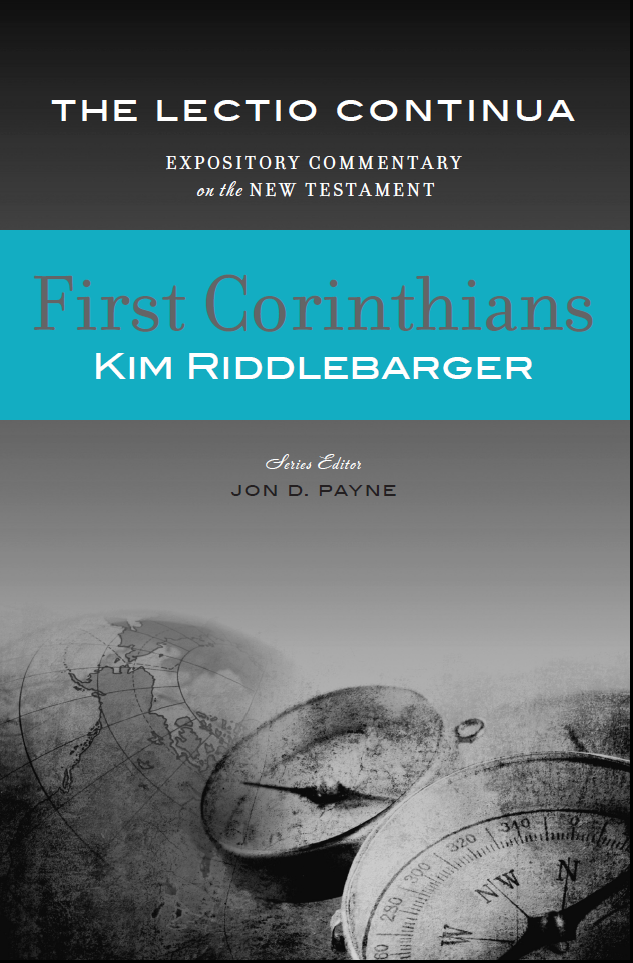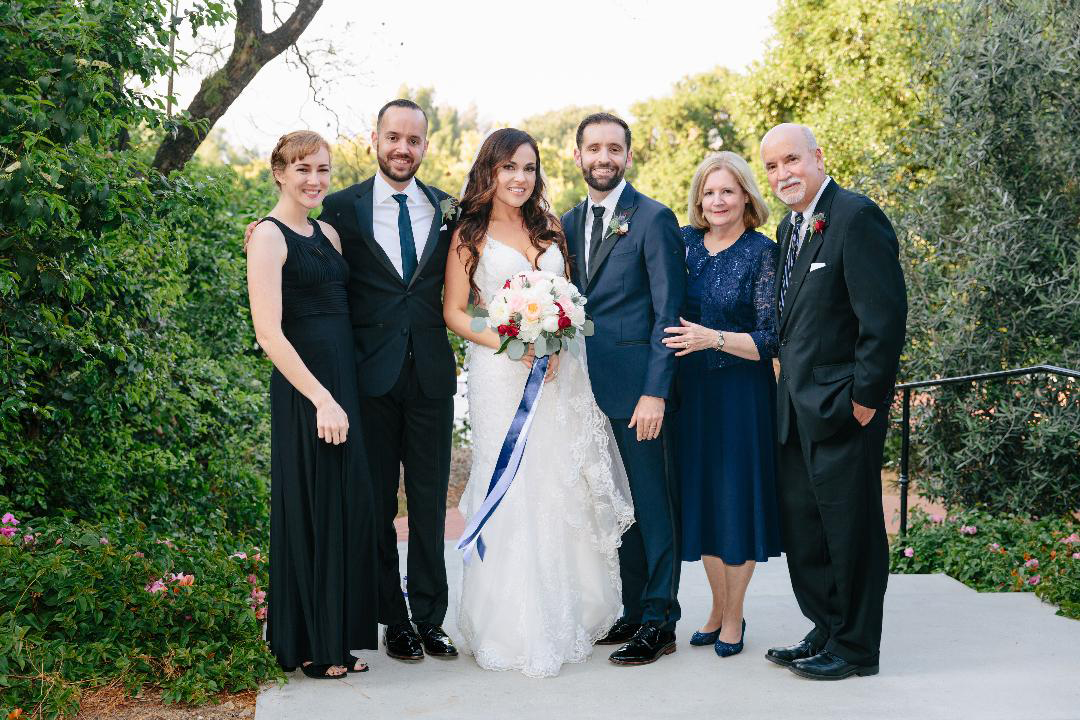What Should I Read to Learn More About the Reformed Confessions (The Three Forms of Unity)?
 Thursday, July 18, 2019 at 03:31PM
Thursday, July 18, 2019 at 03:31PM There are a number of great resources which will help you better understand the theology, practical application, and devotional value of the Three Forms of Unity (The Belgic Confession, the Heidelberg Catechism, and the Canons of Dort).

The URCNA has published a new edition of the Three Forms of Unity--a helpful modernizing and reworking of the Heidelberg Catechism, the Belgic Confession and the Canons of Dort. The translations are in crisp modern English and Scripture proofs abound. This volume includes our liturgical forms, and a number of prayers (both for official church and personal/family use). The link is to a PDF, so this one is free! Liturgical Forms and Prayers of the URCNA (PDF)
The Belgic Confession

Rev. Danny Hyde's commentary on the Belgic Confession is a great resource to understand both the content and background of the Belgic Confession. Arranged as a commentary, the content is easily accessible. With Heart and Mouth
I have also prepared a series of sermons on the Belgic Confession, which can be found here: Sermons on the Belgic Confession
The Heidelberg Catechism

Kevin DeYoung's book on the catechism is a great place to start if the Heidelberg Catechism is new to you. The Good News We Almost Forgot

This is an "off the beaten path" kind of book, but is the best single volume I know of on the background and circumstances which led to the production of the Catechism. Lots of good biographical material on the Catechism's principle authors (Zacharius Ursinus and Caspar Olevianus). Don't overlook this one! It is a gem. The Church's Book of Comfort

Zacharius Ursinus' "Commentary" on the Heidelberg Catechism is a must read. But know what you are getting. The commentary comes to us as the classroom notes taken by David Paraeus from lectures given by Ursinus. The commentary follows the order of the Catechism, but reads more like a systematic theology. The translation by G. Willard is dated, and the photo-lithographed type is hard on the eyes.
But if you love the Catechism, this is must reading: Ursinus' Commentary on the Heidelberg Catechism
The Canons of Dort
Matthew Barrett's book is an important look at the theology of the Canons, especially in light of the Arminian controversy (then and now). This one is very helpful in spelling out the biblical basis for the Five-Points. The Grace of Godliness

Dr. Godfrey's new book is absolutely must reading. The history and background to the Canons are discussed in a compelling fashion, but Dr. Godfrey's focus is upon seeing the Canons as an important practical, even devotional document. This book is worth the price just for Godfrey's translation of the Canons. Buy this one! Saving the Reformation
Previous Posts in this Series:
What Should I Read to Learn More About the Lord's Supper?





















